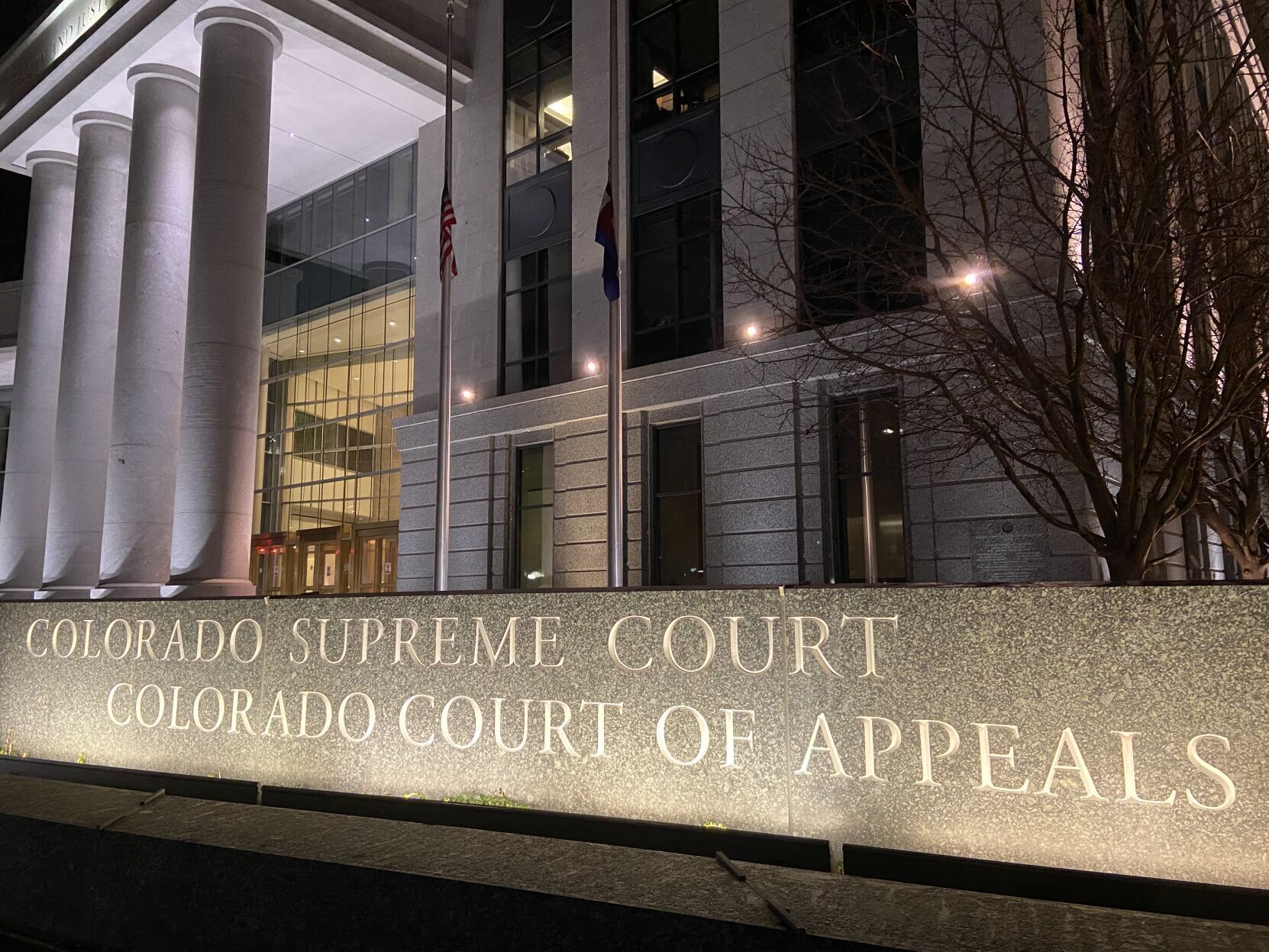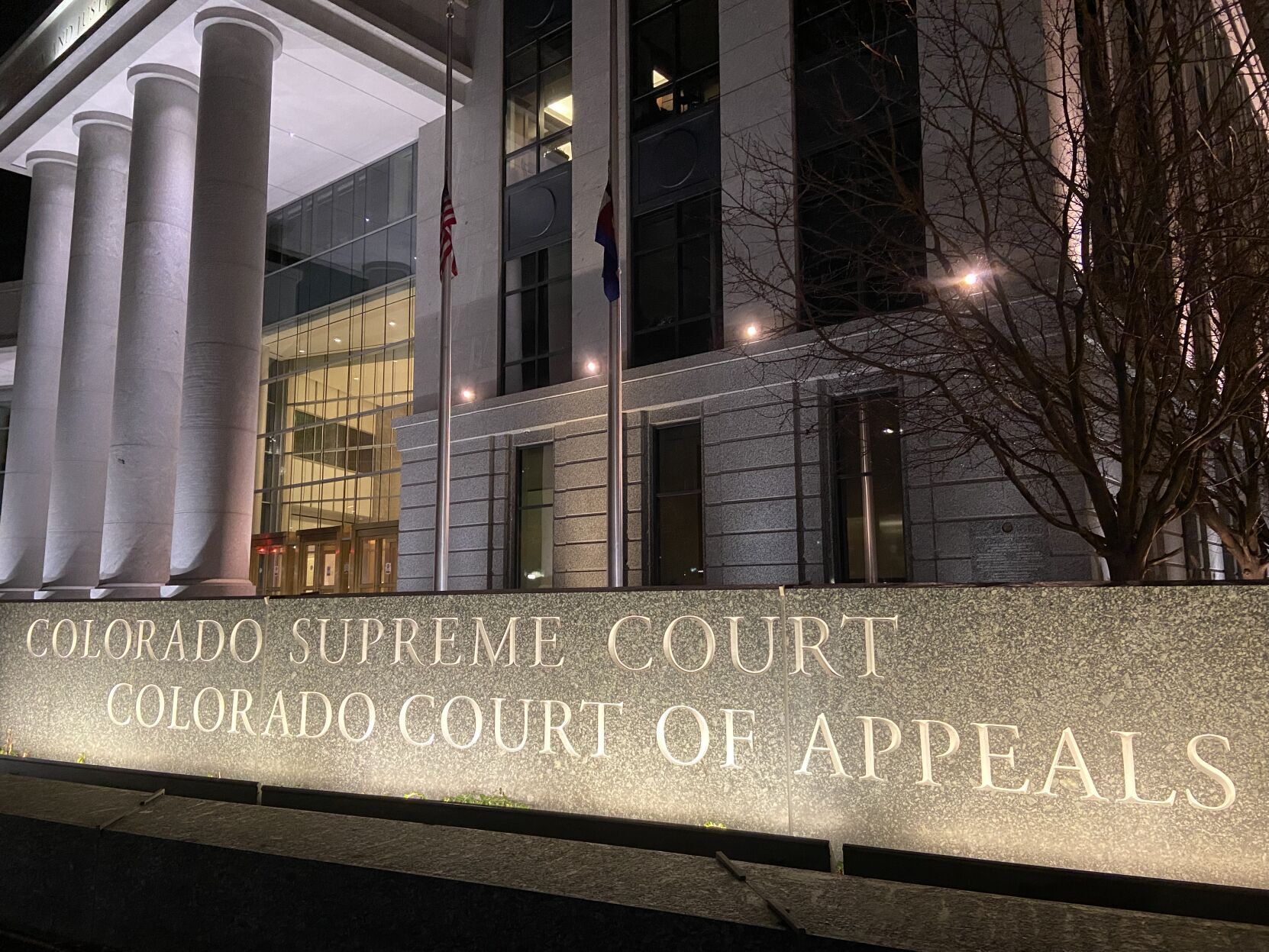Appeals court orders new trial for defendant barred from invoking ‘laced’ marijuana defense

For the first time last month, Colorado’s second-highest court determined a man should have been allowed to defend himself against criminal charges by letting jurors evaluate whether he ingested marijuana that, unbeknown to him, was allegedly laced with a stimulant.
A Denver jury convicted Isaac U. Mion of robbery, criminal mischief and menacing. There was clear documentation he committed the offenses, but Mion claimed he was involuntary intoxicated at the time. Specifically, he testified a friend offered him a marijuana joint, but it must have contained an illicit substance because it caused Mion to have a far different reaction than normal.
No other case in Colorado had addressed whether a defendant could claim involuntary intoxication when he acknowledges ingesting an intoxicating substance but is unaware of the presence of a second substance.
Using the analogy of an alcoholic drink that secretly contains a “date rape” drug, a three-judge panel for the Court of Appeals decided such defendants are allowed to assert that their criminal conduct was a product of involuntary intoxication.
“To rule otherwise would mean that anytime a person knowingly ingests an intoxicant – no matter how mild – the person will be criminally responsible for any resulting behavior, even if what was ingested contained, unbeknownst to the defendant, a different intoxicant,” wrote Judge Craig R. Welling in the Nov. 22 opinion.
Case: People v. Mion
Decided: November 22, 2023
Jurisdiction: Denver
Ruling: 3-0
Judges: Craig R. Welling (author)
Lino S. Lipinsky de Orlov
Christina F. Gomez
In August 2019, Mion met a friend in downtown Denver. The two drank some beer and Mion accepted a joint, which he assumed was “dirt weed” typically found on the street. After smoking the joint, Mion encountered two security guards and a third person near the City and County Building. He became aggressive, grabbing one guard’s cell phone and kicking the other guard’s phone. He screamed at the third victim and hit their truck.
Officers found Mion near Cherry Creek, screaming at them to “shoot me.” Police had to pull him out of the water. One officer later testified to Mion’s “really loud, erratic behavior.” Another believed Mion “appeared to be under the influence of a stimulant.”

Mion testified in his defense at trial and said never before had marijuana caused him to “blackout” or “go nuts” like he did that night. He attempted to explain that when he told other jail detainees about his experience, they believed he had smoked “spice,” or synthetic marijuana that can cause serious side effects. The prosecution objected to the testimony and the trial judge sustained the objection.
The defense believed Mion was entitled to claim involuntary intoxication, an affirmative defense that the prosecution would have to disprove beyond a reasonable doubt in order to reach a conviction. Retired District Court Judge R. Michael Mullins refused the request.
Mion “admitted to using marijuana. In other words, he admitted to using an intoxicant, and that use was voluntary,” Mullins said. “There is no evidence that it was anything other than marijuana, other than he felt differently.”
During oral arguments before the Court of Appeals panel, Mion’s lawyer argued the jury should have been able to evaluate whether Mion was involuntarily intoxicated with something besides marijuana, drawing a parallel to a drink spiked with a “date rape” drug.
“If someone has something slipped into their beer and they drink their beer, and whatever substance in that beer causes their criminal conduct, they’re morally culpable for drinking the beer,” said Joseph Chase. “But they’re not morally culpable for ingesting something they didn’t know they ingested.”
Assistant Attorney General Jaycey DeHoyos countered that Mion’s “extreme reaction” was not proof that he ingested something beyond beer and marijuana that night.
“I could say, ‘Typically when I drink tequila, I’m a very happy-go-lucky person. But last night when I drank tequila I called up my boss and I was making threats and telling him he’s the worst’,” she said. “If I were to say I’ve never been aggressive on tequila before, is that enough evidence to say that I was involuntarily intoxicated?”
“Is it?” asked Welling.
“It shouldn’t be, no,” responded DeHoyos.
The appellate panel concluded there was more than just Mion’s characterization of his behavior that supported the idea he unknowingly ingested spice. Officer testimony about Mion’s extreme reaction, and the difficulty in distinguishing a marijuana joint from spice, could have led jurors to agree with Mion.
“It can certainly be argued, perhaps persuasively, that Mion’s conduct here was more reckless than that of a bar patron who assumes that their alcoholic drink is unadulterated,” Welling wrote. Nonetheless, Mion’s actions in accepting the joint “don’t render his defense invalid or unavailable as a matter of law.”
The panel ordered a new trial.
The case is People v. Mion.












